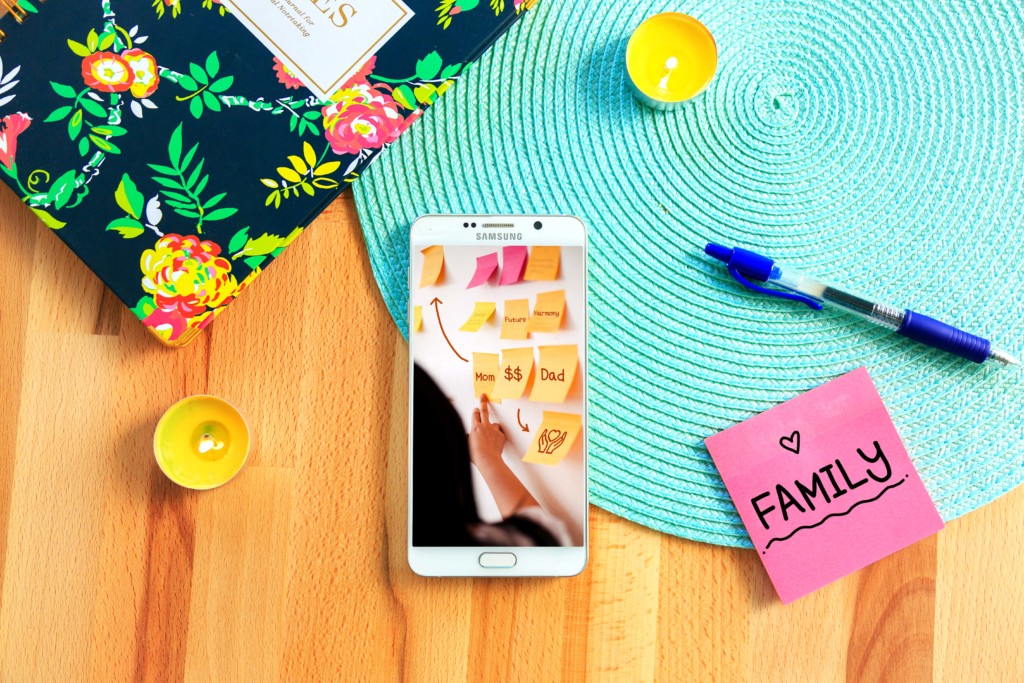I have been studying Design Thinking for many years. What intrigued me at first was the different definitions given to this approach. What is Design Thinking? Some specialists call it is ‘a process’, others “an innovation tool”. Some experts say that Design Thinking cannot be considered a methodology because it was not something to be followed as if it were a ‘cake recipe’. As for me, what stimulated my curiosity was the conceptualisation of Design Thinking as a mindset, I was excited to start to ‘thinking differently’. What I didn’t realise is that this new way of thinking would help me not only in the professional field but also in my personal life.
As a designer by trade and a Buddhist by birth, it didn’t take long for me to be besotted by the idea of solving complicated challenges through a human-centred perspective. I used to think that complex problems only existed in big companies, in the government or when trying to address global issues such as hunger, inequality, poverty, climate crisis. However, it was in attempting to solve a family conflict that I noticed that complex problems are everywhere, sometimes much closer than we imagine.
Family Affairs
Inheritance is one of those things that can cause many conflicts for families; left-behind money can usually be a source of disagreement within family members. Many issues arise when it is time to draw the will and the inventory as this process touches on death, expectations, and interests from all parties. It was no different with my family. We were all sitting at home, discussing the subject, and the atmosphere started to get heavy. Instinctively, I began to use Design Thinking to bring order to the chaos. My knowledge of Design Thinking made me feel empowered at that moment to take action using the mindset. Although I had never applied Design Thinking outside of a professional environment, I realised that I was facing a complex problem that could be explored through a creative approach.
Tim Brown’s quote popped into my head, “Think of the creative process as starting with a question, not an answer“, and I decided to act on that feeling. I took out my post-its notes and started to ask my family some questions. I wrote down the main points and put them up on the wall creating a sizeable visual map. I noticed that my family members started to calm down because they understood that their ideas and anxieties were being heard and taken into consideration; so I kept the process going. When the discussion started to heat up again, I used brainstorming rules to facilitate the interactions: one conversation at a time, defer judgment, stay focused on the subject. It was mind-blowing to see the post-its notes bringing light to family topics that couldn’t be solved for years.
We ended the family meeting with a to-do list. Everyone knew what they were supposed to do, what were their deadlines and priorities. The act of active listening increased empathy amongst my family members as everyone’s pains and needs were heard and taken into account. The practice of experimental visual thinking enriched the experience, and a collaborative atmosphere was established in which we could solve that complex problem together. The post-it notes worked as if they were a sort of ‘collective brain’ and it became clear that they felt more creative and productive when they were producing collective knowledge together. I believe this exercise was valuable because it clarified and organised information that was hidden, inaccurate, and poorly elaborated.
Mindset Change
The biggest challenge I faced was wearing two different ‘hats’ during the mediation, that of daughter and facilitator. There were moments in which I needed to be impartial to lead the discussion and others in which I was required to give my opinion as a family member.
I noticed that the quality of conversations improves when everyone equally understands the problem. Even today, years later, I hear people in my family saying that “that Design Thinking day” was crucial for solving our family dilemmas and that our problems always seemed more complicated than they were. Before that day, the anxiety levels were so high that instead of solutions, all we found were triggers for further problems.
On a famous quote, Einstein said that “the mind that opens up to a new idea will never return to its original size”. This family experience I had with Design Thinking made me realise that my way of thinking was a lot more developed than it used and that I was already incorporating the values of empathy, collaboration, and experimentation to my behaviour.
The idea of Design Thinking as a mindset finally made sense to me when I realised that the most significant outcome of that day with my family was the understanding of how small innovative actions in daily life can generate great, palpable results.
If you’re interested in learning the Design Thinking mindset, visit Echos’ Design Thinking Experience course page to find out more.
—
Follow us on social
Instagram – Facebook – LinkedIn – Youtube – Spotify
How can we help?
For training and Innovation Journeys in your company: check out our in-house course offering
For upcoming courses in your region: visit our website.
If you have a special project and would like to use Echos’ consultancy services: send us an email.




